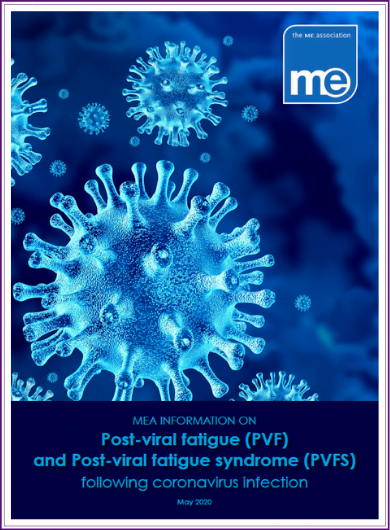Dolphin
Senior Member (Voting Rights)
What does COVID-19 portend for ME/CFS?
Mady Hornig, MA, MD
Columbia University Mailman School of Public Health
New York, NY
https://solvecfs.org/wp-content/uploads/2020/04/COVID19-MECFS_Sci_Review.pdf
Mady Hornig, MA, MD
Columbia University Mailman School of Public Health
New York, NY
https://solvecfs.org/wp-content/uploads/2020/04/COVID19-MECFS_Sci_Review.pdf
Last edited:

